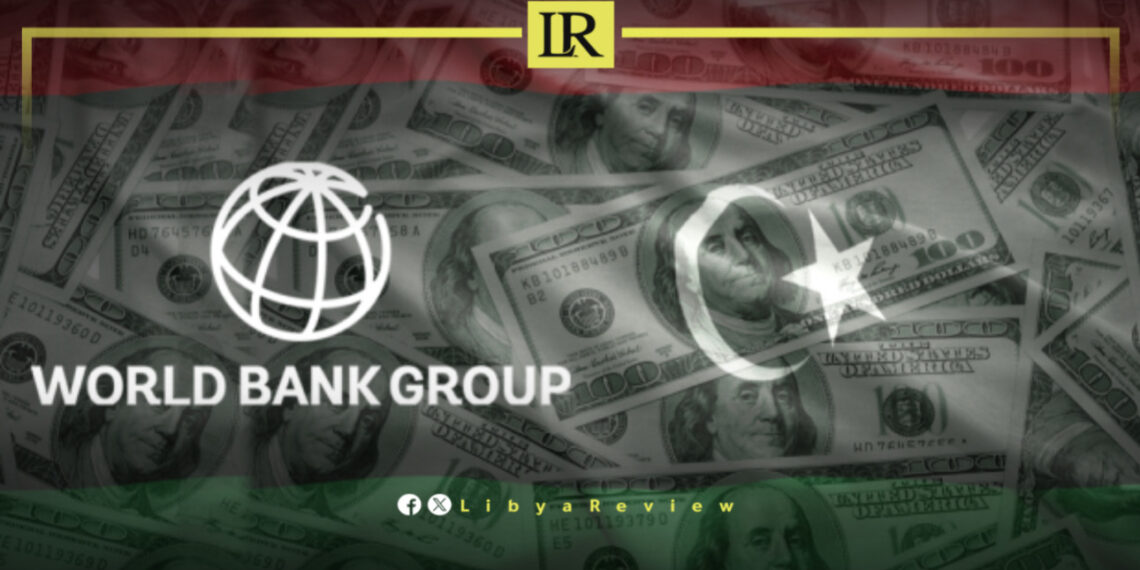Libya has secured a place among Africa’s top ten wealthiest nations in 2025, according to the World Bank’s latest income classification. The report places Libya in the upper-middle-income group, highlighting the country’s significant potential and resilience despite enduring years of political division and economic disruption.
Seychelles topped the continent as the only high-income country, while Algeria, South Africa, Botswana, Cape Verde, Equatorial Guinea, Gabon, Namibia, and Mauritius joined Libya in the upper-middle-income category. These countries reflect a broader African trend of rising incomes driven by natural resources, diversification strategies, and gradual governance reforms.
Libya’s classification is largely underpinned by its vast oil revenues, which remain the backbone of the national economy. However, recent years have also witnessed growing investment in renewable energy projects, infrastructure development, and efforts to improve financial management, helping the country strengthen its fiscal stability. This progress has restored confidence in Libya’s economy and improved its global financial standing.
The World Bank’s “Atlas Method,” used in these rankings, measures gross national income per capita while factoring in inflation and currency fluctuations. By smoothing the impact of short-term volatility, the method provides a clearer view of long-term trends in national income and development.
Libya’s inclusion in the top tier of African economies comes after a period marked by conflict, fluctuating oil production, and institutional weakness. Despite these challenges, the country has managed to stabilize exports and channel resources into projects aimed at modernizing its energy and infrastructure sectors.
Yet the report also warns that resource dependency alone cannot secure sustained prosperity. The African nations showing the strongest growth are those combining natural wealth with diversification, institutional reforms, and political stability. For Libya, the next step lies in translating its income ranking into broader economic benefits, reducing inequalities, and ensuring that citizens across the country feel the impact of development.


